DIGITALIZATION + SUSTAINABILITY
Efficient management of scarce resources (energy,water),clean-tech and textile-to-textile recycling will transform the value chain and offer multiple opportunities to foster a sustainable textile economy
With the introduction of digital manufacturing and IoT, the textile and retail sector is fast adopting new business models such as mass customization and direct- to-consumer approach.
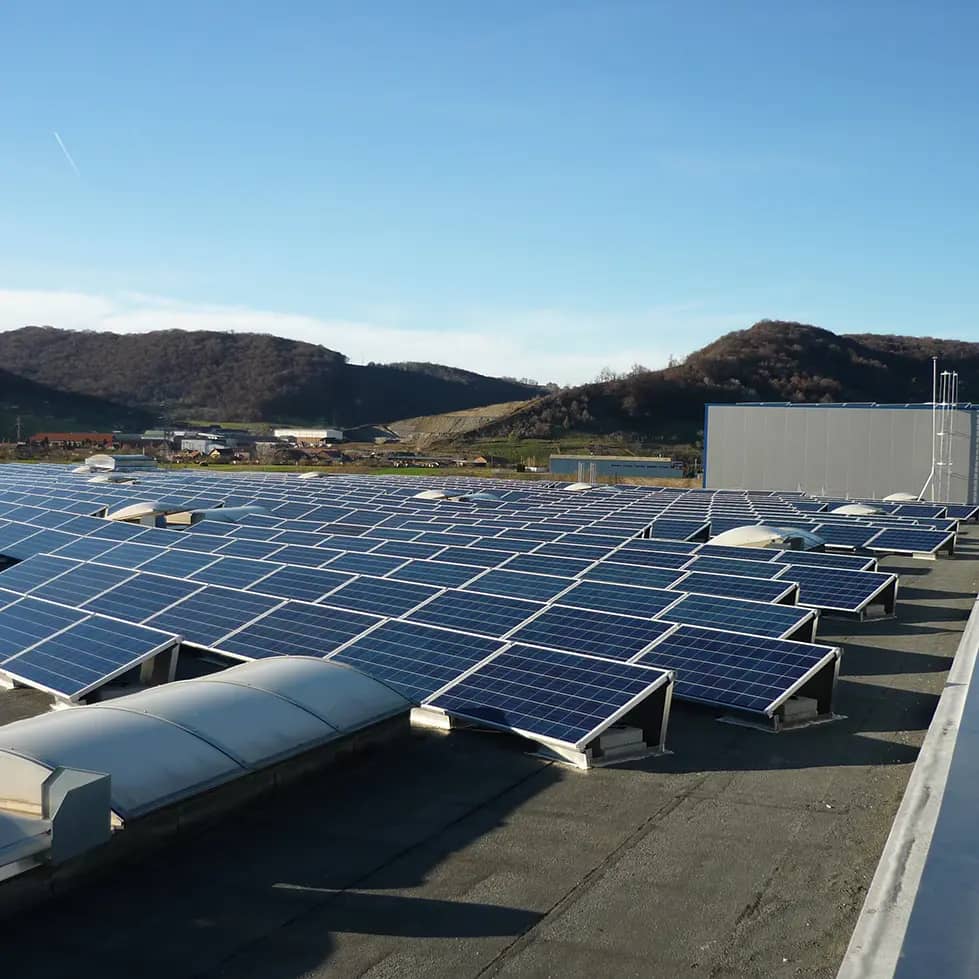
SUSTAINABILITY
Environmental sustainability across the textile value chain has become a policy imperative for the industry and government. The trend is being driven by three major forces such as consumer awareness about responsible consumption, ESG commitments made by brand owners to their stakeholders and finally, legislation. Social sustainability involving supply chain strategy, ethical sourcing, traceability, and responsible workplace standards programs and operations are key pillars of the sustainability practice.
Examples of services
- Sustainability and environmental compliance
- Enhancing traceability and transparency in the supply chain
- Optimisation of raw material consumption
- Water and effluent treatment plants (ZLD)
- Techno-economic feasibility studies, evaluation of investment proposals
- Technical audits
- Design and engineering of textile and apparel manufacturing facilities complying with green building norms leading to LEED certification
- Sustainable Textile SchoolR for top executives
- Stakeholder and not-for-profit organization engagement
- Evaluation of responsible workplace standards
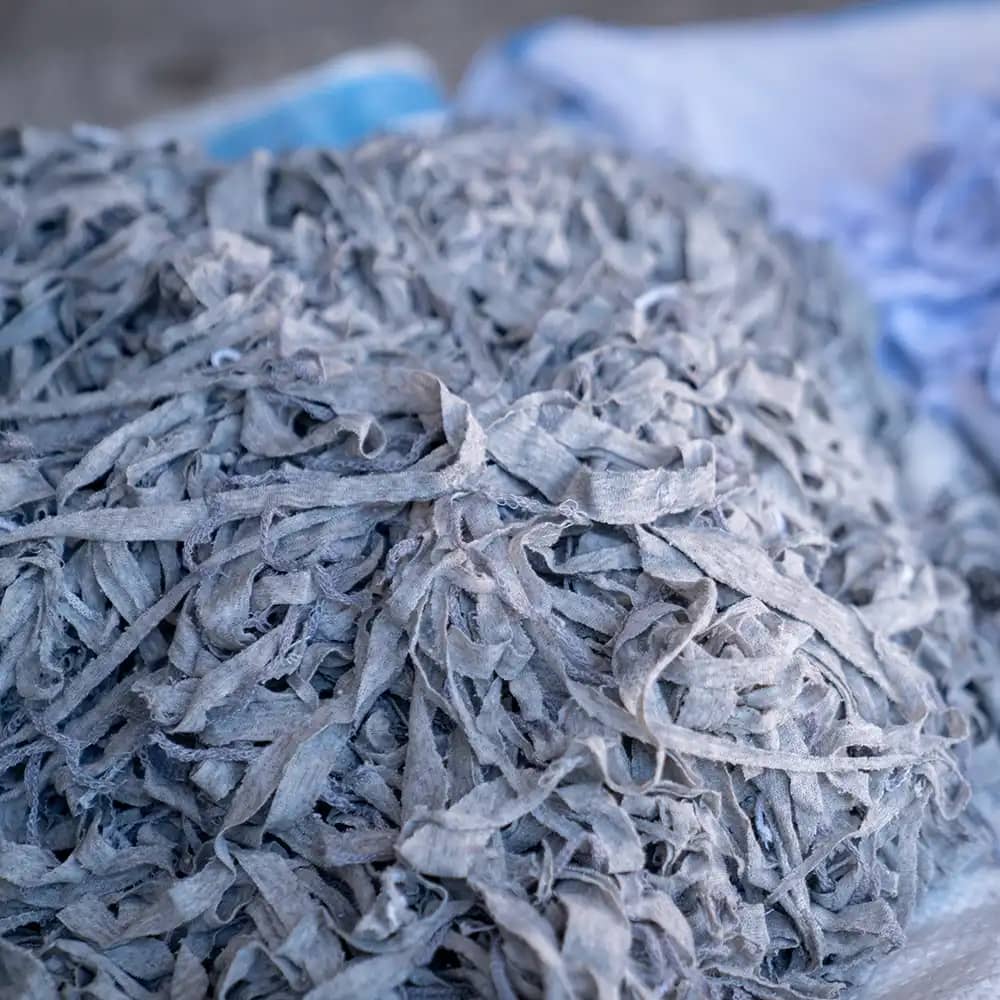
CIRCULARITY
Utilisation of regenerated fibres through textile-to-textile recycling has become a key policy imperative to mitigate the environmental impact. Governments, brand owners, the industry and R&D institutions and innovators are collaborating to discover breakthrough technologies to increase the share of textile recycling from the current negligible level.
Examples of services
- Sectoral policy framework to promote a circular textile system
- Founding member of ReHubs – a Euratex initiative
- Supply chain mapping for valorisation of textile waste
- Technical audit and due diligence for revalidation of impact assessment
- Techno-economic feasibility studies
- Evaluation of new breakthrough technologies and technical assistance

DIGITALIZATION
With the introduction of digital manufacturing and IoT, the textile and retail sector are fast adopting new business models such as mass customization and direct- to-consumer approach.
These changes have resulted in increased transparency across the supply chain and to consumers demanding products that have been ethically and responsibly produced/sourced. Whilst these changes created new challenges for textile producers, they have also offered significant opportunities.
Examples of services
- Introduction and industrial application of Industry 4.0 principals (IoT and digital manufacturing)
- Introduction and application of new business models
- Design engineering solutions incorporating Building Information Modeling (BIM)
- Planning of automated warehouses and logistical solutions
- Evaluation of robotics (e.g., AGVs) in textile manufacturing
- Digital twins for training and marketing

